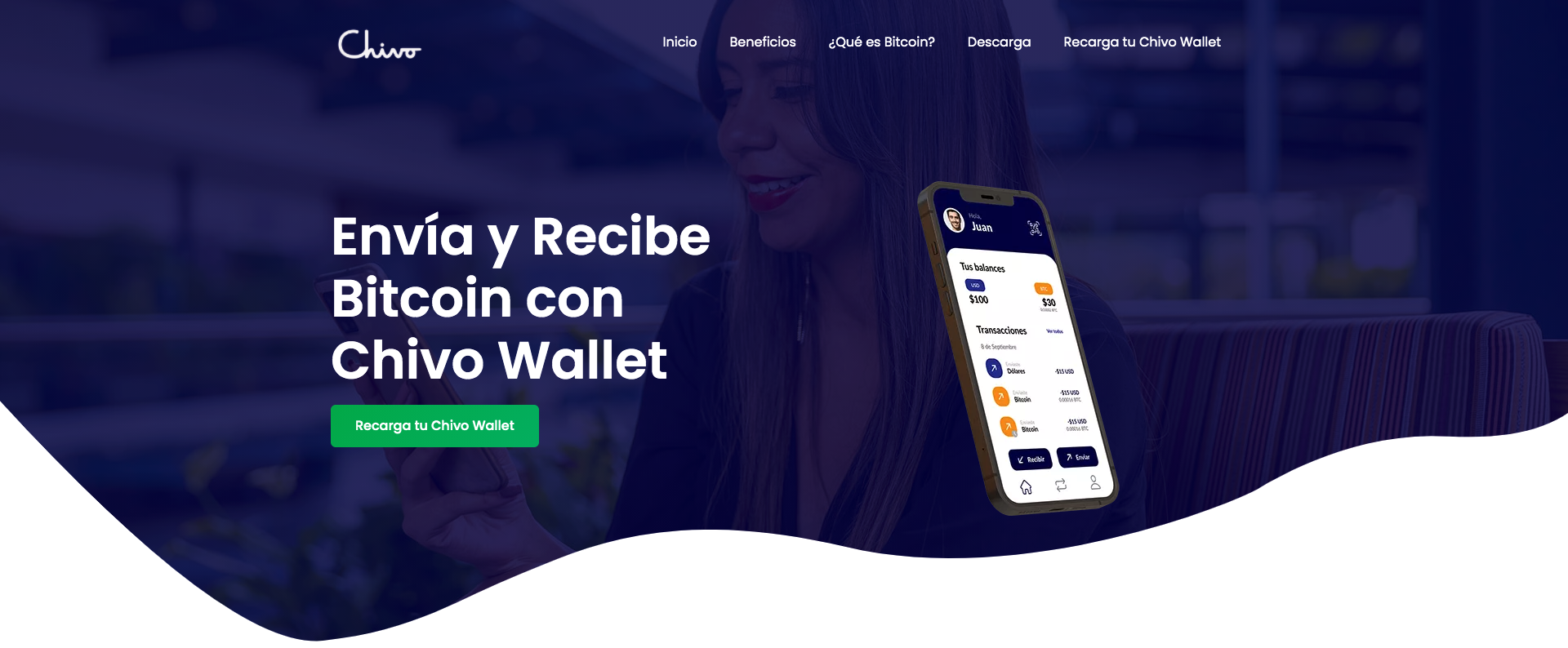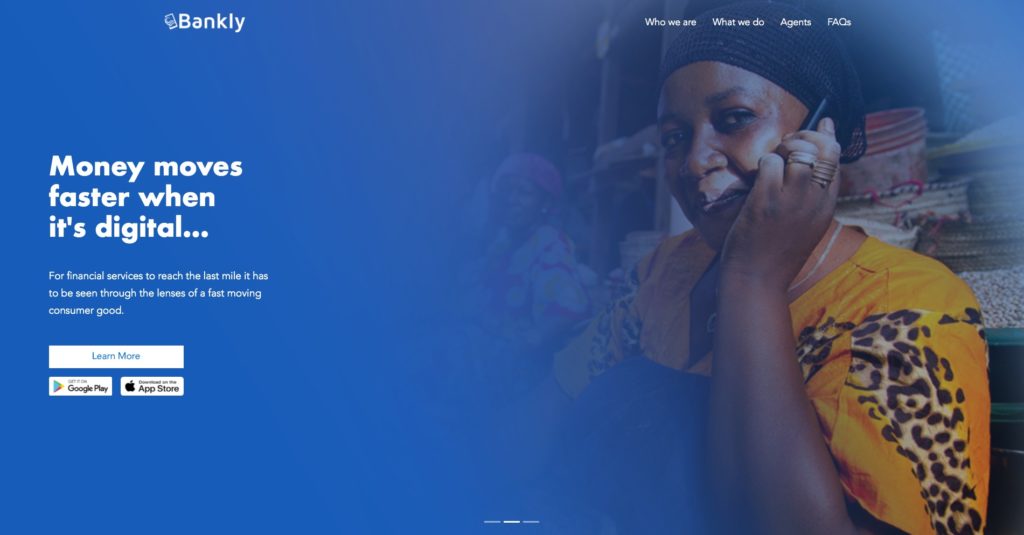
Digital wealth management and investing platform Scalable Capital has raised €155 million ($175 million). The largest funding round in the company’s history, the investment was led by Sofina and Noteus Partners, and featured participation from existing investors Balderton Capital, Tencent, and HV Capital. The funding brings Scalable Capital’s total raised to more than €470 million (more than $535 million).
Among Europe’s leading digital investment platforms, Scalable Capital enables traders and investors to buy and sell stocks, exchange-traded funds (ETFs), bonds, cryptocurrencies, derivatives, private equity, and other products. More than €30 billion is held on the Scalable Capital platform by more than one million customers. The company also offers Scalable Wealth, a digital wealth management service that provides clients with professional ETF portfolio investment. The service is also available as a white-label solution via Scalable Capital’s B2B partners.
“Noteus Partners and Sofina perfectly complement our global investor base. The recent funding round is a clear endorsement, and an important step on our path to becoming the leading retail investment platform in Europe,” Scalable Capital Founder and Co-CEO Erik Podzuweit said. “Through our investment platform and additional new products, we’ll be able to offer even more people in Europe the best options for their investments. We have a firm focus on wealth creation and saving for retirement for the whole family.”

Scalable Capital began the year with the launch of its private equity offering courtesy of a partnership with BlackRock. Available to Scalable Capital’s qualified investors in Germany via Scalable Broker, investors will be able to access the BlackRock Private Equity Fund, and invest with one-off investments of as little as €10,000. Scalable Capital is the first digital investment platform to offer the private equity solution from BlackRock, which is also available as a savings plan once the initial investment is made.
More recently, Scalable Capital announced that its clients can invest in Swiss stocks as of May 2, 2025. Tradable via the European Investor Exchange, gettex, and Xetra, access to Swiss stocks comes after more than five years of suspension from EU stock exchanges. Previously, EU investors were only able to invest in Swiss shares indirectly through products such as American Depository Receipts (ADRs) or by way of over-the-counter trading options. Revocation of this regulation went into effect at the beginning of the month.
“The Swiss stock exchange has much more to offer than the three big dividend aristocrats,” Scalable Capital Chief Economist Christian Röhl said, referring to Nestlé, Roche, and Novartis, three of the largest stocks in the Swiss stock market. “In addition to many financial stocks and special stocks such as mountain railways, there are numerous highly specialized market and technology leaders—such as the hearing aid manufacturer Sonova, the dental technician Straumann or the sanitary product manufacturer Geberit.”
Scalable Capital made its Finovate debut at FinovateEurope 2016 in London. Headquartered in Munich, Germany, and London, UK, the company was founded in 2014.

















